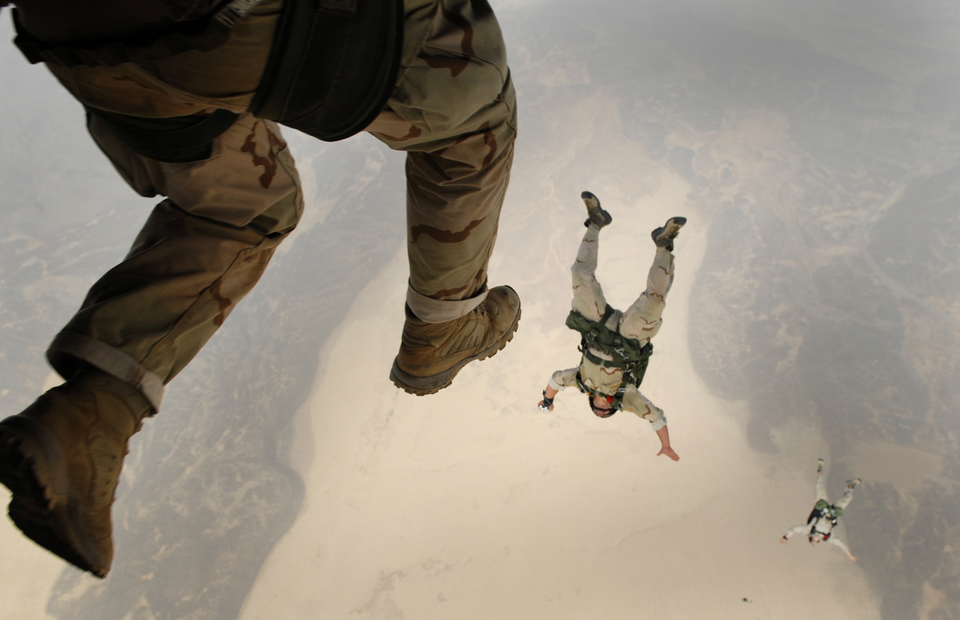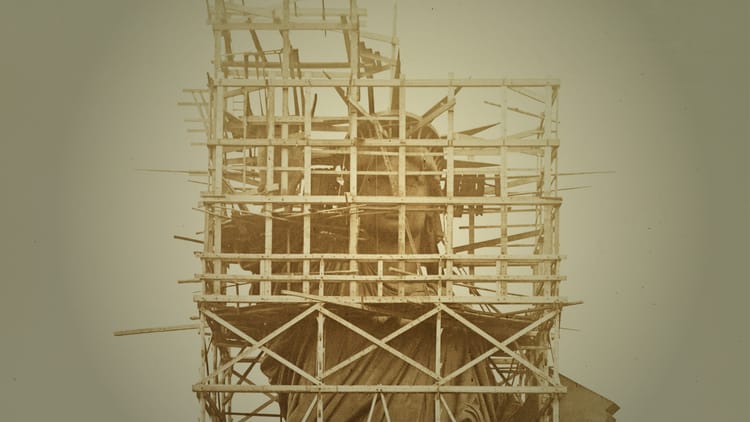News of the world

The chaos of the United States’ withdrawal from Afghanistan has resulted in some of the most negative news coverage of Joe Biden’s seven-month-old presidency. Chuck Todd, the moderator of NBC’s Meet the Press, said the Taliban’s return to power is “likely to haunt Mr. Biden’s legacy.” The Washington journalist and insider Mike Allen called the situation an “embarrassment” for Biden. As Eric Levitz noted in New York magazine, the withdrawal “has been a ‘disastrous’ and ‘humiliating’ ‘fiasco,’ in the words of the mainstream media’s ostensibly objective foreign-policy journalists.”
Now those assessments are triggering public arguments among U.S. journalists, pundits, and political figures about the media itself—and specifically the way it covered the American interventions in Afghanistan and Iraq over the past two decades. “The one-sided coverage of the military withdrawal from Afghanistan mirrors the mistakes made in the run-up to the Iraq War,” the progressive analyst Judd Legum wrote in a piece on the “media’s systemic failure.” But what is the problem, exactly, and what role has it played in the way Americans have understood U.S. engagement around the globe?
Robert Wright is an American journalist and the author of the Nonzero Newsletter. Wright says there tends to be “a kind of informal filtering process” among prominent U.S. analysts of global affairs. These experts as generally supportive of an establishment foreign-policy consensus favoring U.S. intervention in other countries, despite the patterns of repeated failure in American interventions abroad since World War II. The media frequently draws on the expertise of think tanks, some of which receive funding from weapons manufacturers and other interested parties hoping to shape discussion and debate. There’s also a constant temptation for the press to inflate threats to the U.S. as a means of attracting viewers and readers, especially since “there’s not inherently a big audience in America for foreign-policy discourse.” Even legitimate coverage of human suffering can promote intervention if it lacks analysis of potentially harmful consequences.
There’s a potential for change in the media, Wright says, as Americans reflect on the experience of Afghanistan, but the establishment consensus—the worldview of what he and other critics call “the Blob”—has proved resilient for decades …
Graham Vyse: What has the coverage of the U.S. withdrawal from Afghanistan revealed to you—or reminded you—about how the media conditions Americans’ understanding of their country’s foreign policy?
Robert Wright: One factor that’s kind of peculiar to this case is that a lot of journalists and commentators have spent time in Afghanistan over the last 20 years and knew people there. Some of them employed people there. They naturally had a strong reaction to the prospect that friends and former colleagues would be stranded in Afghanistan and forced to live under a brutal regime. That colored the coverage of the chaotic evacuation.





